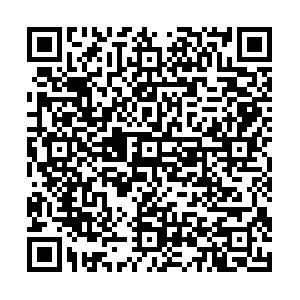摘要:
比较不同健康干预模式对医学生健康知识与行为的干预效果,为提高医学生健康素养提供有效方法.方法 整群抽取天津医科大学预防医学专业大一新生127名,按班级随机分为传统干预组(32名)、同伴教育组(31名)、混合干预组(31名)和对照组(33名),开展为期6个月的健康干预,应用自行设计的《医学生健康知识和健康行为调查表》评估健康干预的效果.结果 干预后,4组医学生健康总得分差异有统计学意义(F=9.350,P<0.01),混合组总得分>传统组/同伴教育组>对照组.3个干预组干预后健康知识得分均提高(P值均<0.05),但仅混合干预组干预后健康行为得分高于干预前(t=3.703,P<0.01).干预后3个干预组饮食与营养、生活习惯、故意/非故意伤害得分均高于对照组(F值分别为13.83,11.72,9.05,P值均<0.01),但均为混合干预组得分最高.结论 结合不同年级的健康需求是促进学生健康素养的有效方法.
Abstract:
Objective To compare the interventional effects of four different intervention models among medical students,and to provide reference for improving the health literacy among medical students.Methods Totally 127 freshmen from preventive medicine departmnent of Tianjin Medical University were taken as object to participate in this study.And they were randomly divided into intervention group (n =32) and peer education group (n =31),mixed intervemion group (n =31) and the control group(n =33).A six-month health intervention was offered to them,and the effects of health interventions were evaluated by using the "Medi-cal Students' Health Knowledge and Health Bbehavior" questionnaire.Results After the intervention,the total scores of health were of statistically significant differences in the four groups(F=9.350,P<0.01),total score of the mixed group was the highest,higher than those of other 3 groups.Health knowledge scores of three intervention groups were increased(P<0.05),only the health behavior score of mixed intervention group was higher than that before(t =3.703,P<0.01).The interventional scores on diet and nutrition(F=13.83,P<0.01),habits(F=11.72,P<0.01),intentional/unintentional injury (F=9.050,P<0.01) were higher than those of the control groups'.The mixed group has got the highest score in these items.Conclusion Promoting students' health motivation to combine with the health needs of different grades is an efficient method to promote the students' health literacy.

 点击查看大图
点击查看大图





 下载:
下载: